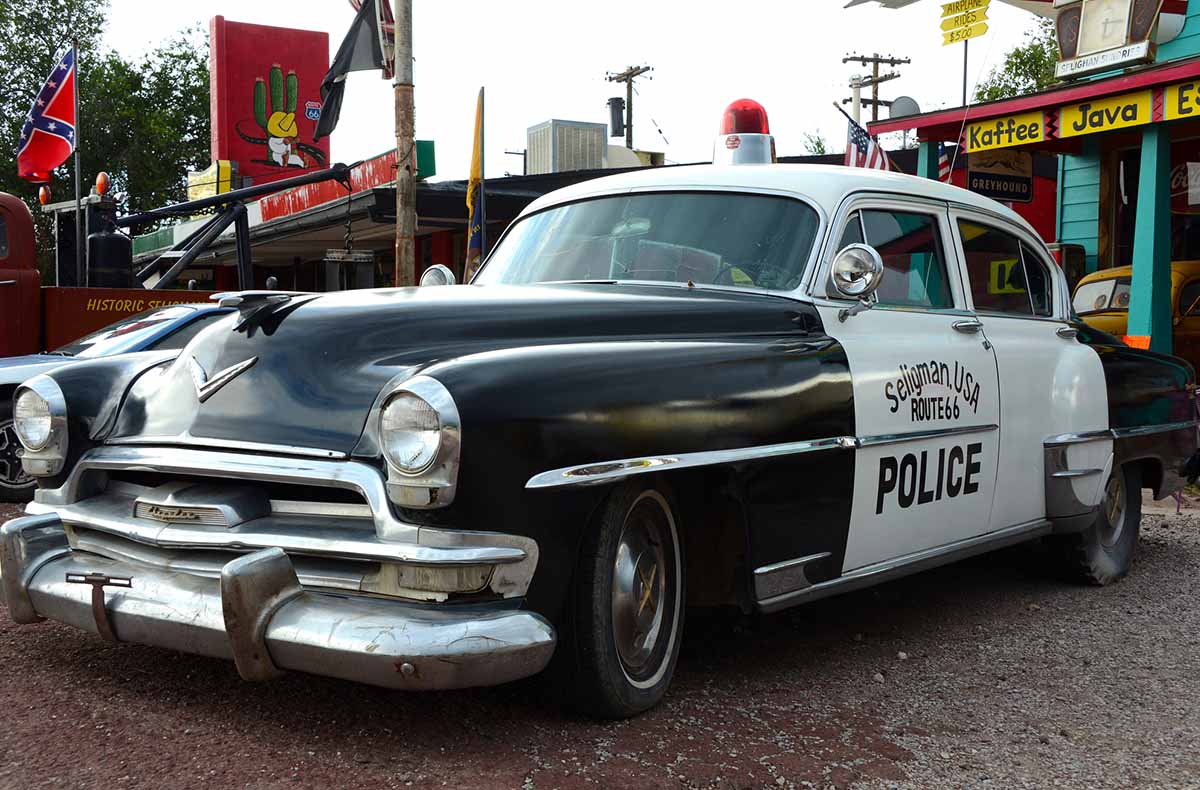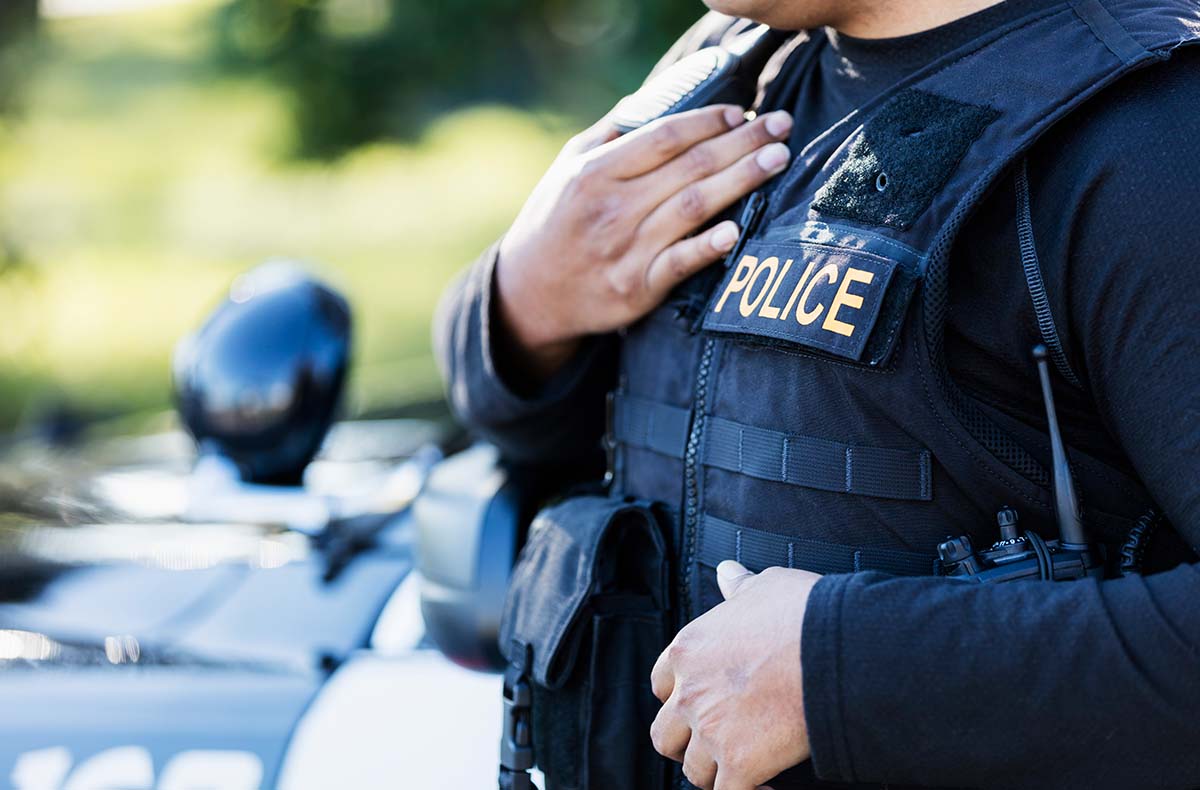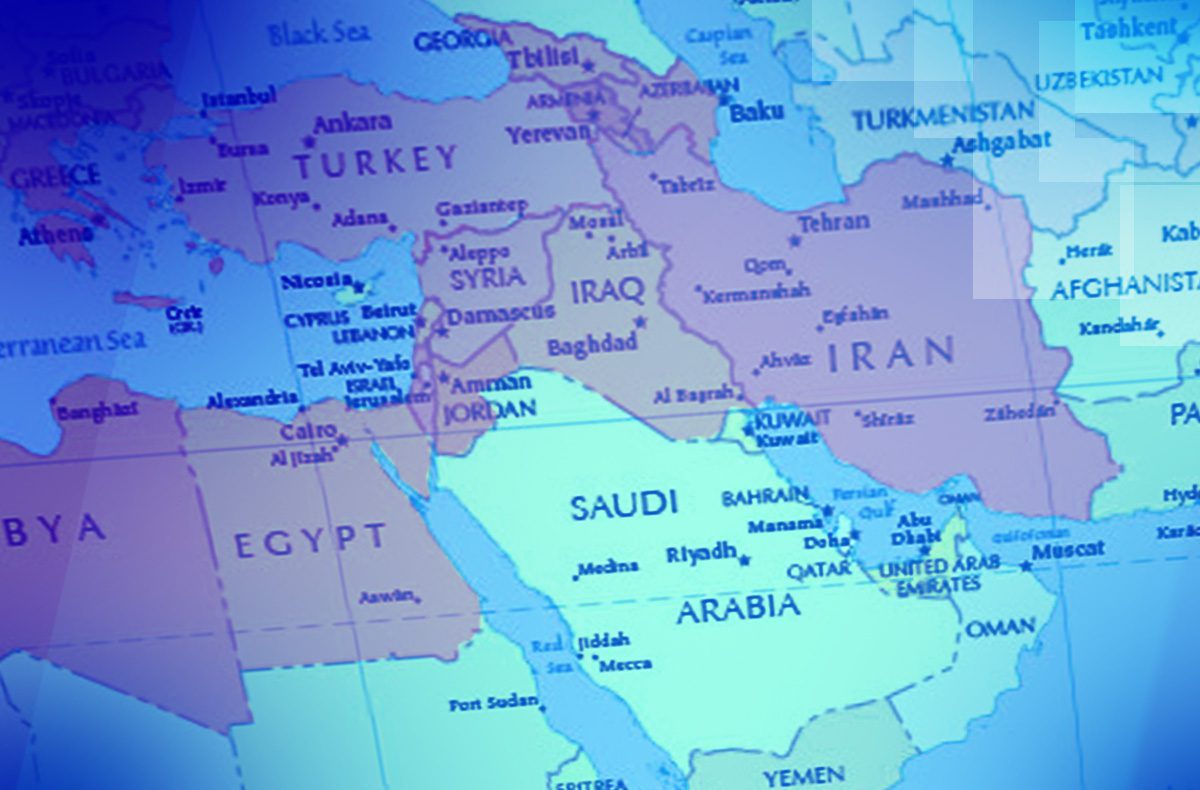
National Police Week is drawing to a close, but sadly, I wonder how many Americans care. As a retired police officer, I can’t help but think about the ultimate sacrifice made by our nation’s men and women in blue. At the same time, the media bombards us with images of police brutality and racism. Spend a few minutes perusing social media, and it seems many Americans have come to accept this illusory reality where all cops are trigger-happy racists.
This belief became more evident over the past several years as the media sensationalized selected instances of police brutality and alleged racism leading to widespread protests, including looting, rioting, and arson. I’m not suggesting there aren’t isolated occurrences that bear examination, but the idea that this is a systemic problem of American law enforcement is without merit.
During National Police Week, as we honor the fallen men and women behind the badge, perhaps we can also shed some light on this troubling misconception of law enforcement in the United States.
Let’s start with some numbers.
Every year, more than 800,000 police officers are responsible for a staggering 375 million contacts with citizens. From 2017 to 2022, police officers fatally shot an average of 1021 individuals yearly. Around a quarter were African-Americans. While this may seem disturbing initially, add that African-Americans account for approximately 53% of known homicide offenders in the United States and are responsible for about 60% of robberies, despite comprising only 13% of the population. The percentage of African Americans killed by police is far lower than expected and arguably a far cry from being a systemic problem.
So why is this important? It’s essential because our political leaders suggest we reform the entire system of policing based on a false narrative that white cops are killing black people disproportionately and that the problem is systemic. When you consider the hundreds of millions of contacts police have with citizens per year and the fact that there are 27 attacks on police daily with a deadly weapon, it’s incredible that police don’t kill more people. Rather than reform, could we look to American law enforcement as a model of success?
If our leaders are interested in reform as a way to save lives, they should look to the 250,000 Americans who die annually from medical malpractice, making medical errors the third leading cause of death. That sounds much more like a systemic issue to me—along with those who can’t even access adequate healthcare. But you’re not going to win an election running on healthcare reform. Identity politics are where it’s at. Accusations of racism stir up emotions and appeal to a large voter base. While our nation’s heroes are risking their lives, politicians use them as political pawns to get elected.
During National Police Week, instead of preaching about reform, I hope our leaders will honor those courageous souls who gave their lives for their communities and applaud our nation’s law enforcement community for its widespread success. America’s police officers could use a morale booster.
Police already have enough stress to deal with, but with the added accusations of racism, it’s no wonder a recent study found that police officers have a 54% higher rate of suicide risk compared to civilians. It may help to explain why police departments nationwide are struggling to recruit new officers.
National Police Week reminds us that the vast majority of police officers are dedicated, honest and courageous public servants. Although it’s essential to be mindful and address issues regarding poor behavior—and, of course, insufficient training, as I discussed in my previous article—it’s equally vital to recognize and appreciate the sacrifices made by those who serve on our front lines.
Let’s spend this week celebrating the outstanding success of American law enforcement, but more importantly, honor the extraordinary bravery and heroism of America’s police officers, who gave their lives to keep us safe.
National Police Week allows individuals and communities to participate in events and initiatives promoting positive change actively. For a list of events and opportunities to get involved, check out the official site.






